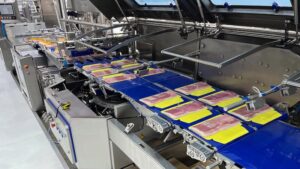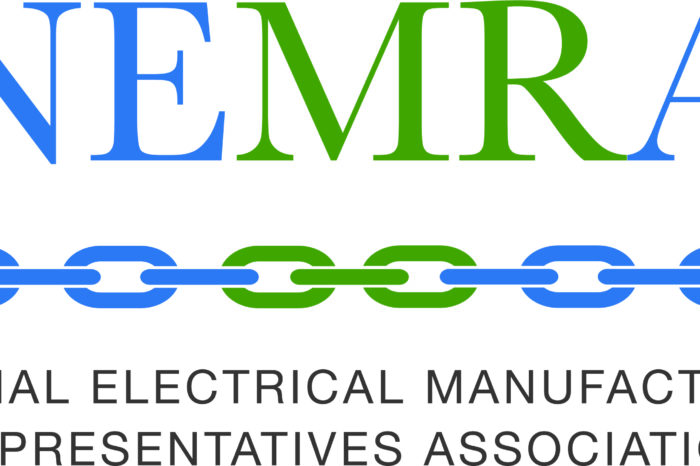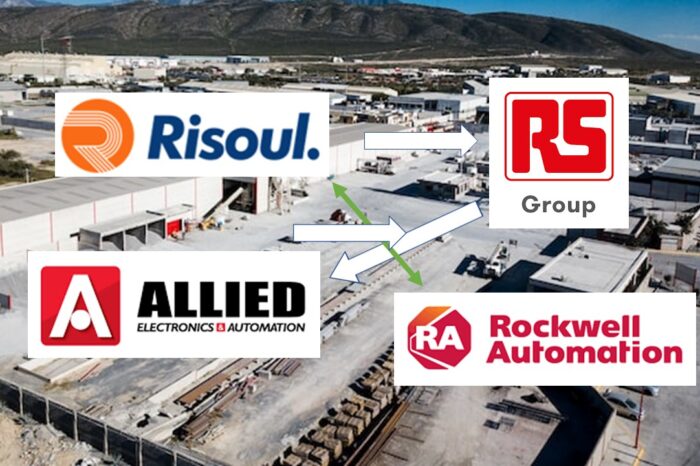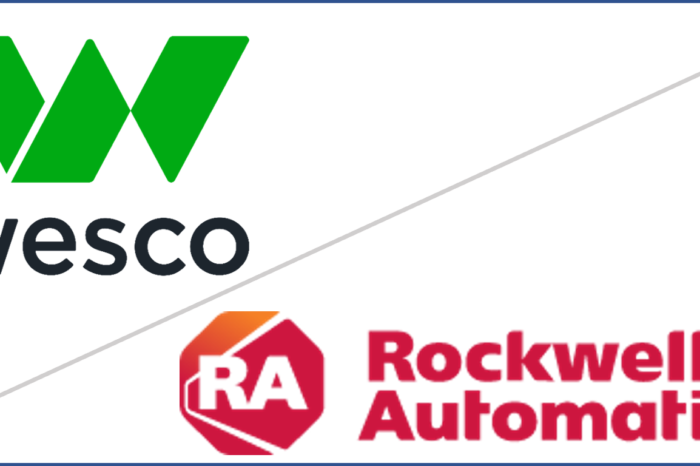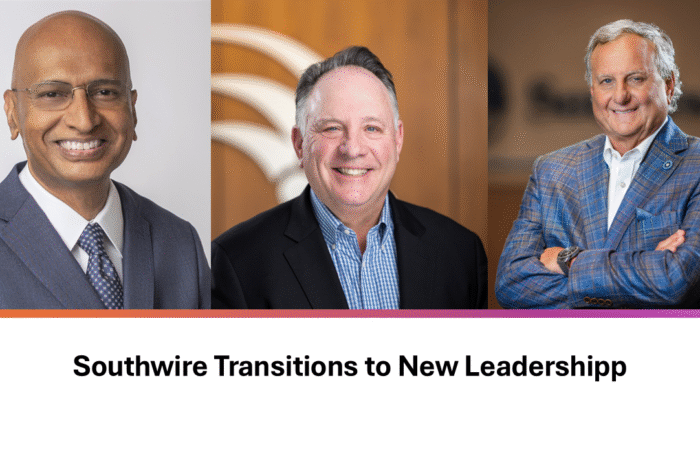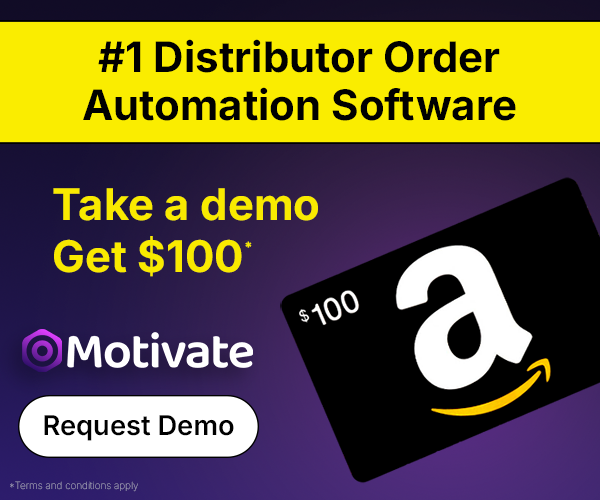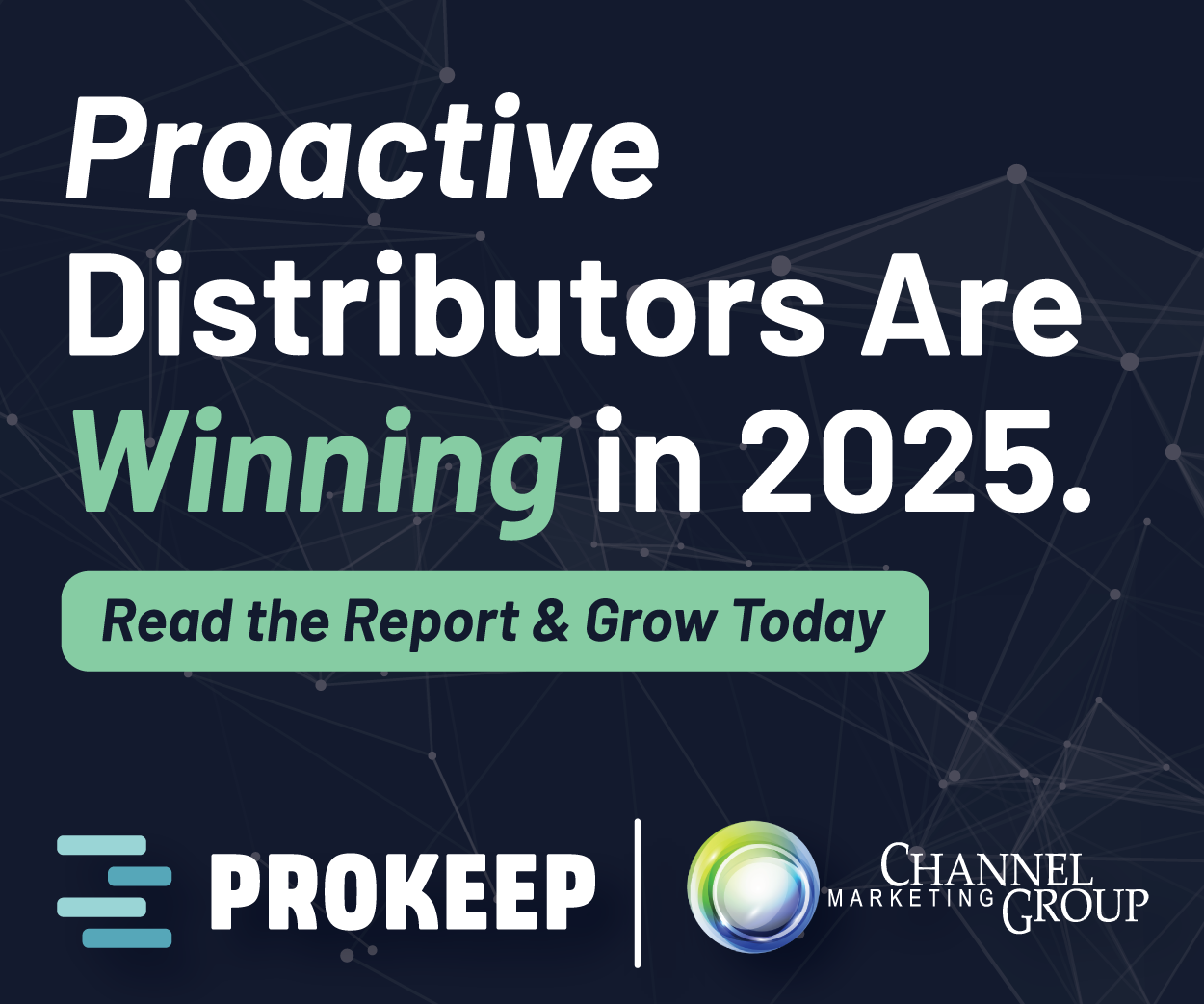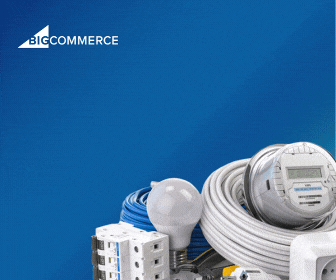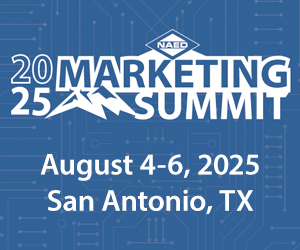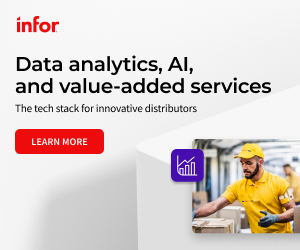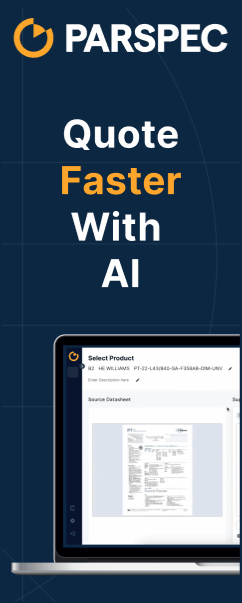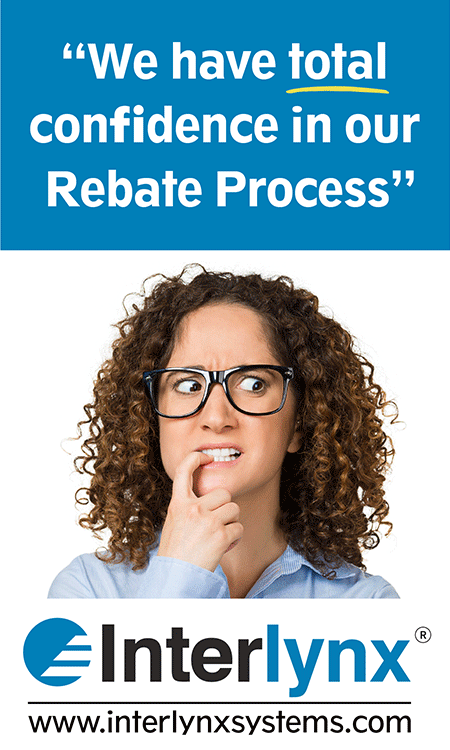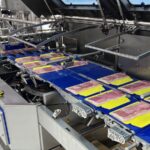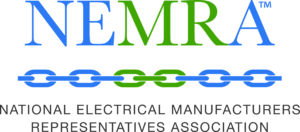Rockwell Delivers the Bacon
When we think of automation we think of manufacturing. More towards equipment. Typically, your first thought is not food even though food processing is a major market segment.
And, within food, the first thought is not bacon … although some Sunday morning’s, the smell of bacon …
And Rockwell Automation is helping bring the world’s first “fully automated bacon production line” to the industry according to a recent article in Robotics and Automation News.
Although, there should be a disclaimer as they did not automate the upbringing of the animals so, from a Rockwell perspective, no animals were harmed via the automation of the process.
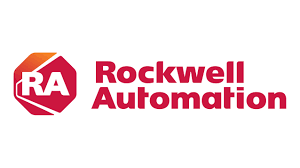 The innovation was shared at a recent tradeshow in Frankfurt, Germany, however, the Rockwell customer is based in Elgin, IL, which is in EESCO’s APR (Area of Primary Responsibility). EESCO is a division of WESCO.
The innovation was shared at a recent tradeshow in Frankfurt, Germany, however, the Rockwell customer is based in Elgin, IL, which is in EESCO’s APR (Area of Primary Responsibility). EESCO is a division of WESCO.
According to the article, Middleby desired a “scalable solution to support customers facing rising labor costs, space constraints and stricter sustainability goals.”
The article then highlights “why” Rockwell won the business but doesn’t mention if they were already a Rockwell customer.
The bacon line is considered a “breakthrough” as Middleby, with Rockwell’s help, re-envisioned their process.
This peak into an automation reinvention success highlights the need for salespeople to think broadly about serving their customers.
Frequently customers say “what” they need, and salespeople are very good at servicing those needs saying “yes, we can do that.”
The bigger challenge, and “win,” is when a salesperson can understand a customer’s goals or perhaps needs (and sometimes these are unstated needs”) and then can offer recommendations.
And sometimes customers know that they have the need and are searching for solutions.
From the article it can be deduced that:
- Middleby knew it had labor issues (labor costs keep increasing, let alone there could be labor scarcity in their market)
- They would want to increase production (cost-effectively, of course)
- Wastewater usage, especially in food production, was an issue.
- Cost management would be an issue. Yes, there is the initial investment, but the company would want an ROI evaluation, presumably tied to cost / unit produced or some other metric … and perhaps compare vs the current process.
- Middleby wanted “the latest” because they wanted remote capabilities and data … which understanding what the data would be used for becomes important to recommend the right system.
Thinking through the business issues that a customer has, or could have, can enable a salesperson to bring an idea to a customer and/or better position themselves as a solution provider rather than a material salesperson.
And marketing can also support the sales process by not marketing products but by marketing business solutions, especially ones faced by key vertical markets. By highlighting how “your” company helps its customers succeed … this can be a differentiator, especially with some customers.
While some customers buy brand, customers really want to buy solutions (and yes, cost-effectively).
In this “season of planning,” distributors should ask (and manufacturers should provide) about success stories and the “why.” Ask “what creates demand for your product? Why should customers want to do X? How does this contribute to customer profitability (or sales or sustainability or …)”
Distributor salespeople should be asking their customers about their business goals and catalog this information (ideally in a CRM). Marketing should then aggregate information by key vertical market and tailor messaging … to the vertical and, depending upon the opportunity, personalize to key customers.
The key to success is hyper personalization. Solution selling. Solution marketing.
Can you smell the bacon?


